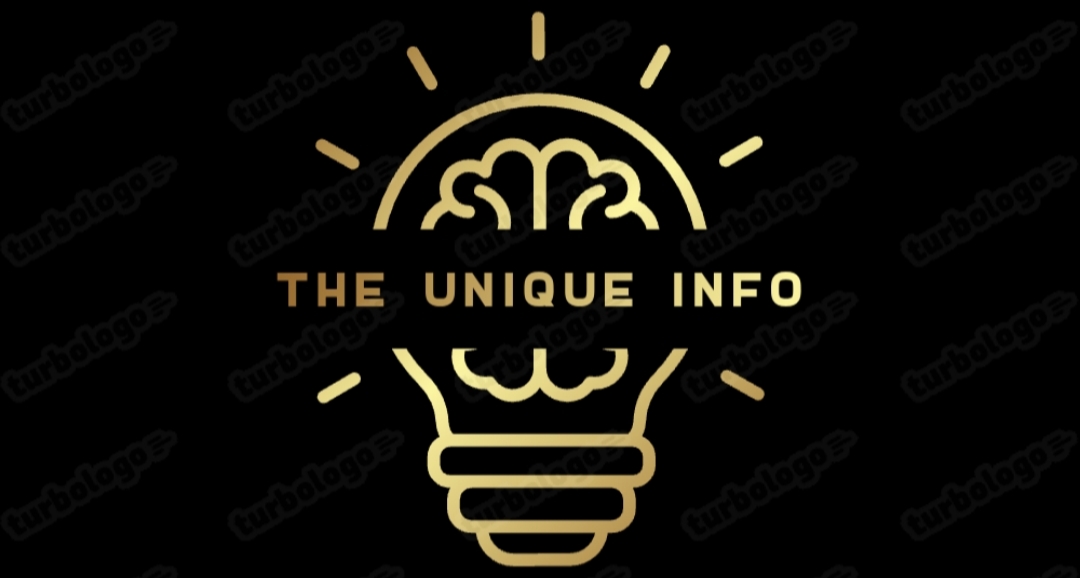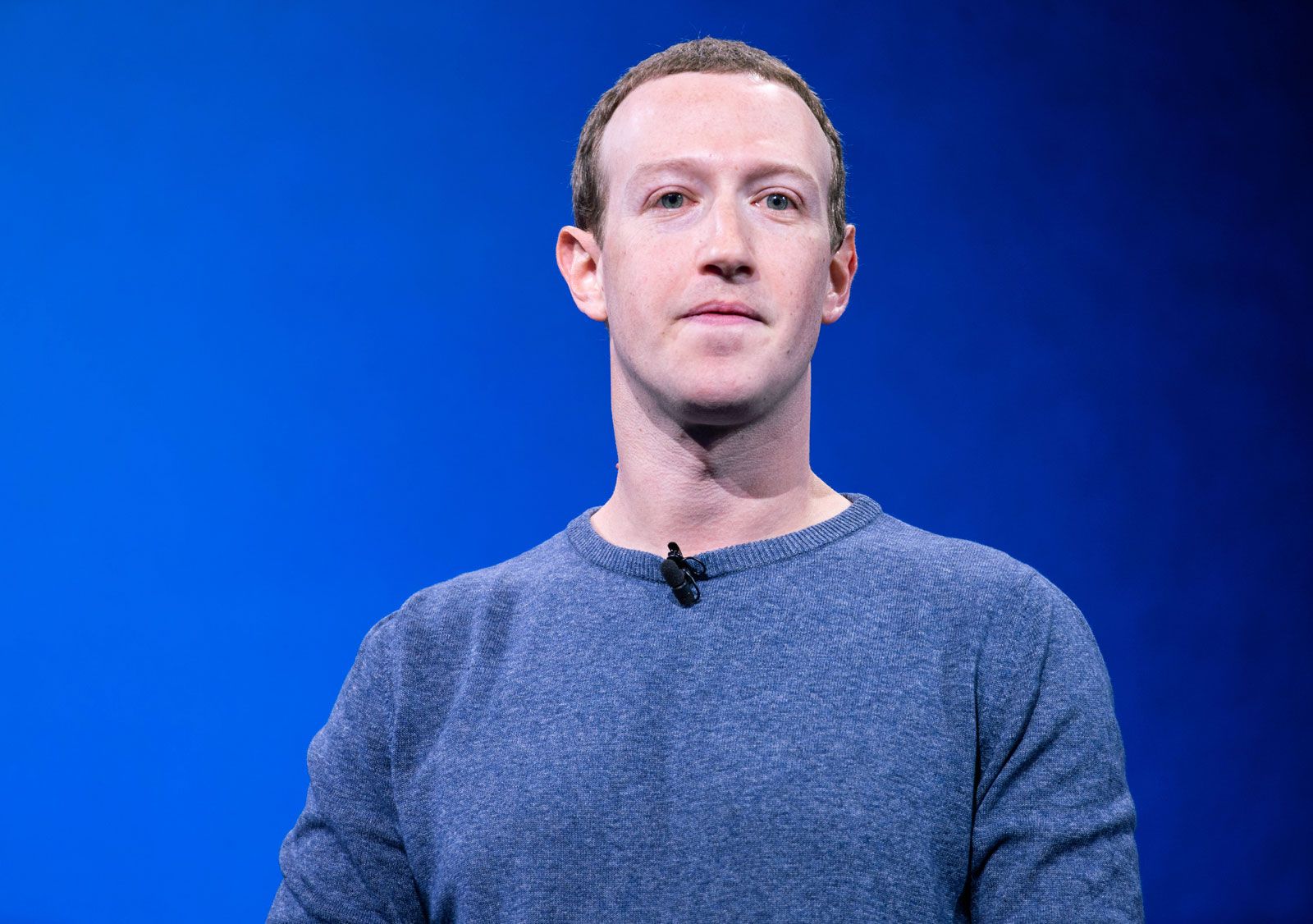Mark Zuckerberg is a name synonymous with social media, innovation, and controversy. As the co-founder and CEO of Meta, the company behind Facebook, Instagram, and WhatsApp, Zuckerberg has shaped how billions connect online. For American audiences, his story is a quintessential tale of a college dropout turned billionaire, but it’s also a complex narrative of ambition, privacy debates, and a vision for the future. This 2000-word blog dives into Zuckerberg’s life, achievements, and impact, written in a simple, engaging way with all the details you need to know.
𝗘𝗮𝗿𝗹𝘆 𝗟𝗶𝗳𝗲: 𝗔 𝗧𝗲𝗰𝗵 𝗣𝗿𝗼𝗱𝗶𝗴𝘆 𝗳𝗿𝗼𝗺 𝗡𝗲𝘄 𝗬𝗼𝗿𝗸
Mark Elliot Zuckerberg was born on May 14, 1984, in White Plains, New York, to a middle-class Jewish family. His father, Edward Zuckerberg, was a dentist, and his mother, Karen, was a psychiatrist. Raised in Dobbs Ferry, a suburban town, Zuckerberg grew up with three sisters—Randi, Donna, and Arielle—in a supportive household that nurtured his curiosity. His interest in computers sparked early. At age 12, he created a messaging program called “ZuckNet” for his father’s dental office, allowing staff to communicate instantly.
Zuckerberg’s talent was evident in high school at Phillips Exeter Academy, where he excelled in math, science, and classics. He built a music recommendation program called Synapse, which caught the attention of Microsoft and AOL, both offering him jobs before he graduated. Instead, Zuckerberg chose Harvard University in 2002, majoring in computer science and psychology. It was at Harvard where his life would change forever.
𝗧𝗵𝗲 𝗕𝗶𝗿𝘁𝗵 𝗼𝗳 𝗙𝗮𝗰𝗲𝗯𝗼𝗼𝗸: 𝗔 𝗗𝗼𝗿𝗺 𝗥𝗼𝗼𝗺 𝗥𝗲𝘃𝗼𝗹𝘂𝘁𝗶𝗼𝗻
In 2003, as a Harvard sophomore, Zuckerberg launched “Facemash,” a website that let students rate classmates’ attractiveness. Though it was shut down for privacy violations, it showed Zuckerberg’s knack for creating viral platforms. In February 2004, he, along with roommates Dustin Moskovitz, Eduardo Saverin, Andrew McCollum, and Chris Hughes, launched “TheFacebook” from their dorm. The site was a digital version of Harvard’s student directories, letting users create profiles and connect with friends.
TheFacebook spread like wildfire, first to other Ivy League schools, then nationwide. By summer 2004, Zuckerberg dropped out of Harvard and moved to Palo Alto, California, to focus on the company. He secured early investments, including $500,000 from PayPal co-founder Peter Thiel. In 2005, the site became “Facebook,” and by 2006, it was open to anyone over 13 with an email address. By 2012, Facebook had 1 billion users, transforming how people share, connect, and communicate.
zuckerberg’s vision was to make the world more connected. For Americans, Facebook became a cultural phenomenon, replacing earlier platforms like MySpace. It changed how we share photos, plan events, and stay in touch, from college students to grandparents.
𝗕𝘂𝗶𝗹𝗱𝗶𝗻𝗴 𝗮𝗻 𝗘𝗺𝗽𝗶𝗿𝗲: 𝗠𝗲𝘁𝗮’𝘀 𝗥𝗶𝘀𝗲
In 2012, Facebook went public with an initial public offering (IPO) valued at $104 billion, one of the largest in history. Zuckerberg, retaining a significant stake, became one of the world’s youngest billionaires. His leadership saw Facebook acquire major platforms: Instagram in 2012 for $1 billion, WhatsApp in 2014 for $19 billion, and Oculus VR in 2014 for $2 billion. These moves expanded Facebook’s reach into photo-sharing, messaging, and virtual reality.
In 2021, Zuckerberg rebranded Facebook as Meta, reflecting a new focus on the “metaverse”—a virtual, immersive digital world. Meta’s mission is to build technologies like virtual reality (VR) and augmented reality (AR) to redefine online interaction. The company’s Reality Labs division has developed products like the Meta Quest VR headsets, while its AI initiatives power tools like personalized feeds and content moderation.
For American users, Meta’s apps are part of daily life. Instagram is a hub for influencers and businesses, WhatsApp connects families across borders, and Oculus headsets offer cutting-edge gaming. However, Meta’s growth hasn’t been without challenges.
𝗖𝗼𝗻𝘁𝗿𝗼𝘃𝗲𝗿𝘀𝗶𝗲𝘀: 𝗣𝗿𝗶𝘃𝗮𝗰𝘆, 𝗠𝗶𝘀𝗶𝗻𝗳𝗼𝗿𝗺𝗮𝘁𝗶𝗼𝗻, 𝗮𝗻𝗱 𝗦𝗰𝗿𝘂𝘁𝗶𝗻𝘆
Zuckerberg’s journey has been marred by controversies that have shaped public perception. The most significant was the 2018 Cambridge Analytica scandal, where a political consulting firm accessed data from millions of Facebook users without consent, using it to influence the 2016 U.S. presidential election and Brexit. Zuckerberg testified before Congress, apologizing for the breach and facing intense scrutiny over Facebook’s data practices. The company paid a $5 billion fine to the Federal Trade Commission in 2019, the largest ever for a tech company.
Misinformation on Facebook has also drawn criticism. From election interference to COVID-19 falsehoods, the platform has been accused of amplifying divisive content. Zuckerberg’s commitment to free speech often clashed with calls for stricter moderation, leading to policy changes like labeling false posts. In 2020, advertisers boycotted Facebook over hate speech concerns, pushing Meta to tighten rules.
Privacy remains a sore point. Meta’s business model relies on targeted ads, collecting vast amounts of user data. For Americans, this raises concerns about how personal information is used, especially after high-profile hacks. Zuckerberg has promised stronger privacy measures, but skepticism persists.
These controversies have made Zuckerberg a polarizing figure. Some see him as a visionary connecting the world; others view him as a tech mogul prioritizing profits over ethics. For American audiences, these debates highlight the power and responsibility of tech giants in shaping democracy and privacy.
𝗠𝗲𝘁𝗮’𝘀 𝗠𝗲𝘁𝗮𝘃𝗲𝗿𝘀𝗲: 𝗔 𝗕𝗼𝗹𝗱 𝗕𝗲𝘁 𝗼𝗻 𝘁𝗵𝗲 𝗙𝘂𝘁𝘂𝗿𝗲
Zuckerberg’s pivot to the metaverse is his most ambitious gamble yet. He envisions a digital universe where people work, socialize, and play using VR and AR. Since 2019, Meta has invested over $50 billion in Reality Labs, though the division reported $16 billion in losses in 2023 alone. Products like the Meta Quest 3 and Ray-Ban Meta smart glasses have gained traction, but the metaverse hasn’t yet captured mainstream appeal.
Critics argue Zuckerberg is chasing a niche market, while supporters believe he’s ahead of the curve, much like he was with social media. For Americans, the metaverse could mean new ways to work remotely, attend virtual concerts, or game with friends. Imagine hosting a Super Bowl watch party in VR or shopping in a virtual mall—these are the possibilities Zuckerberg is betting on.
𝗟𝗲𝗮𝗱𝗲𝗿𝘀𝗵𝗶𝗽 𝗮𝗻𝗱 𝗪𝗲𝗮𝗹𝘁𝗵: 𝗔 𝗧𝗲𝗰𝗵 𝗧𝗶𝘁𝗮𝗻’𝘀 𝗜𝗻𝗳𝗹𝘂𝗲𝗻𝗰𝗲
As of 2025, Zuckerberg’s net worth is estimated at $206 billion, making him the world’s fourth-richest person. He owns about 13% of Meta, which was valued at $1.4 trillion in 2024. His wealth stems from Meta’s stock performance and its dominance in social media, with 3.27 billion daily active users across its apps.
Zuckerberg’s leadership style is hands-on. He’s known for coding alongside engineers and setting long-term visions, like the metaverse. However, his reserved demeanor and robotic public appearances have drawn memes and criticism. In 2018, his congressional testimony sparked jokes about him being an “alien” due to his stiff responses.
For Americans, Zuckerberg represents the archetype of a tech founder: brilliant, ambitious, but sometimes out of touch. His wealth and influence raise questions about inequality, especially as Meta’s layoffs of 11,000 employees in 2022 and 10,000 in 2023 hit American workers hard.
𝗣𝗲𝗿𝘀𝗼𝗻𝗮𝗹 𝗟𝗶𝗳𝗲: 𝗙𝗮𝗺𝗶𝗹𝘆, 𝗣𝗵𝗶𝗹𝗮𝗻𝘁𝗵𝗿𝗼𝗽𝘆, 𝗮𝗻𝗱 𝗣𝗮𝘀𝘀𝗶𝗼𝗻𝘀
Zuckerberg’s personal life offers a softer side to the tech mogul. In 2012, he married Priscilla Chan, a pediatrician he met at Harvard. They have three daughters: Maxima (2015), August (2017), and Aurelia (2023). The couple lives in Palo Alto, balancing family life with their careers. Chan’s influence is evident in Zuckerberg’s philanthropy through the Chan Zuckerberg Initiative (CZI), launched in 2015 with a pledge to donate 99% of their Meta shares—worth billions—over their lifetimes.
CZI focuses on education, health, and equity, funding projects like personalized learning programs and medical research. In 2020, CZI donated $300 million to support U.S. election infrastructure, though some criticized it as influencing voter turnout. For Americans, CZI’s work reflects a commitment to giving back, but it also fuels debates about billionaire philanthropy shaping public policy.
Zuckerberg’s hobbies include surfing, mixed martial arts, and learning Mandarin, which he showcased in a 2015 speech at Tsinghua University. He’s also a fan of ancient history, naming his daughters after Roman figures. These quirks humanize a man often seen as a tech robot.
𝗣𝗼𝗹𝗶𝘁𝗶𝗰𝗮𝗹 𝗜𝗻𝗳𝗹𝘂𝗲𝗻𝗰𝗲 𝗮𝗻𝗱 𝗣𝘂𝗯𝗹𝗶𝗰 𝗣𝗲𝗿𝗰𝗲𝗽𝘁𝗶𝗼𝗻
Zuckerberg’s political influence is significant but less overt than peers like Elon Musk. He’s met with leaders like Donald Trump and Joe Biden, navigating a polarized landscape. Facebook’s role in elections has made Zuckerberg a lightning rod for both parties. Conservatives accuse Meta of censoring right-leaning content, while liberals criticize its handling of misinformation. In 2020, Zuckerberg faced bipartisan grilling in Congress over monopolistic practices.
Public perception of Zuckerberg has soured. A 2024 Pew Research poll found only 25% of Americans view him favorably, down from 33% in 2017. His wealth and Meta’s dominance raise concerns about unchecked power, especially among younger Americans who prefer platforms like TikTok. Yet, Meta’s apps remain indispensable, with Instagram and WhatsApp thriving.
For American audiences, Zuckerberg’s story mirrors broader tensions: innovation versus privacy, connection versus division. His ability to navigate these challenges will define his legacy.
𝗪𝗵𝗮𝘁 𝗠𝗮𝗸𝗲𝘀 𝗭𝘂𝗰𝗸𝗲𝗿𝗯𝗲𝗿𝗴 𝗨𝗻𝗶𝗾𝘂𝗲?
Zuckerberg’s success stems from his ability to spot trends early. He saw social media’s potential before it was mainstream, acquiring Instagram and WhatsApp at bargain prices. His focus on scale—connecting billions—sets him apart from competitors. Unlike flashier tech moguls, Zuckerberg is methodical, often described as a “product guy” who obsesses over user experience.
His resilience is notable. From surviving early lawsuits, like one from the Winklevoss twins over Facebook’s origins (settled for $65 million), to weathering privacy scandals, Zuckerberg has kept Meta dominant. His bet on the metaverse, though risky, shows his willingness to pivot, much like Steve Jobs did with Apple.
For Americans, Zuckerberg’s story is relatable—a kid from the suburbs who built an empire. But it’s also a cautionary tale about the responsibilities of power in the digital age.
𝗧𝗵𝗲 𝗙𝘂𝘁𝘂𝗿𝗲: 𝗠𝗲𝘁𝗮 𝗮𝗻𝗱 𝗕𝗲𝘆𝗼𝗻𝗱
As of 2025, Meta is doubling down on AI and the metaverse. Its Llama AI model powers advanced features, while Reality Labs pushes VR innovation. Zuckerberg aims to make Meta the leader in immersive tech by 2030, competing with Apple’s Vision Pro. However, challenges loom: regulatory scrutiny, competition from TikTok, and user fatigue with data privacy issues.
Zuckerberg, at 41, shows no signs of slowing down. He’s hinted at staying CEO for decades, driven by a mission to connect the world. For Americans, Meta’s success could mean new jobs in tech and VR, but also more debates about data and influence. Whether the metaverse becomes the next internet or a costly flop, Zuckerberg’s impact is undeniable.
𝗙𝘂𝗻 𝗙𝗮𝗰𝘁𝘀 𝗳𝗼𝗿 𝗔𝗺𝗲𝗿𝗶𝗰𝗮𝗻 𝗙𝗮𝗻𝘀
✓ Hacker Way: Meta’s headquarters has a street called “Hacker Way,” reflecting Zuckerberg’s coding roots.
✓ Zuck’s Wardrobe: He’s famous for wearing the same gray T-shirt daily to simplify decisions.
✓ Barbecue Enthusiast: Zuckerberg once live-streamed smoking meats, calling it his “happy place.
✓ ”Roman Obsession: He named his daughters after Roman figures and studied Latin in school.
✓ Charity Pledge: Through CZI, Zuckerberg and Chan aim to donate over $100 billion to charity.
𝗖𝗼𝗻𝗰𝗹𝘂𝘀𝗶𝗼𝗻
Mark Zuckerberg’s journey from a Harvard dorm to leading a $1.4 trillion tech giant is a testament to his vision and tenacity. For Americans, his creation of Facebook and Meta has changed how we connect, share, and live online. Yet, his legacy is complex, balancing innovation with controversies over privacy and misinformation. As he pushes into the metaverse and AI, Zuckerberg remains a polarizing figure—a symbol of American ingenuity and the challenges of tech’s unchecked power. Whether you love him or question him, one thing is clear: Zuckerberg’s influence on the digital world is here to stay.

